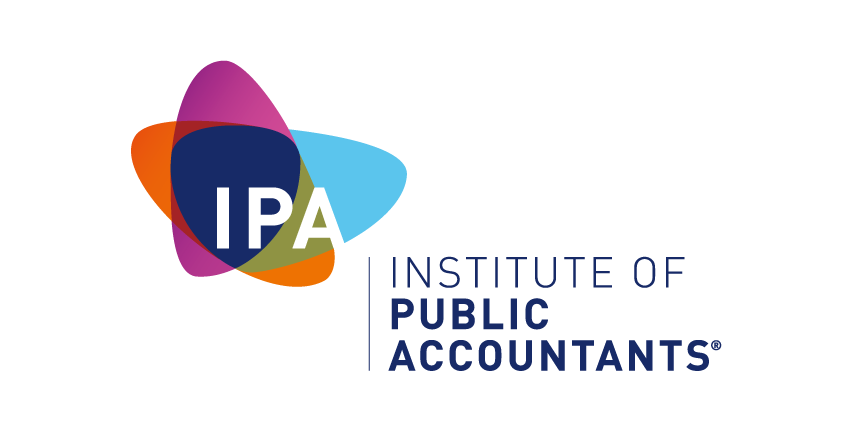New study finds billions of Australian taxpayer dollars wasted on ineffective federal government business grants
18 July 2024
A new study from the IPA-Deakin SME Research Centre has found that more than 30% of nearly $4.2 billion in Australian Commonwealth business grants awarded between 2018 and 2022 have failed to generate any significant business or economic benefits, wasting billions of Australian taxpayer dollars.
The study found that financial grants failed to improve business performance, productivity, sales, turnover, or efficiency. In some instances, the study found that these grants actually had a negative impact on business performance.
IPA-Deakin SME Research Centre Director and Deakin University Professor of Accounting, Dr George Tanewski, said the study’s results provided grounds for considerable concern, exposing a worrying lack of rigour in the Australian government’s grant selection processes.
“The awarding of Commonwealth government grants has been a shrouded process for many years, despite the significant quantum of public money involved,” Dr Tanewski said.
Of particular concern, the research found that 63% of recipients that received multiple grants had low efficiency and productivity, suggesting that grants were being used to sustain underperforming businesses.
The Efficacy of Australian Commonwealth Business Grants is the second chapter in a three-part series designed to improve the selection criteria, allocation processes, key stakeholders, and performance evaluation of federal government grant programs.
The results of the new study echo concerns raised in the first paper that was published in January 2024, which exposed a lack of openness and competitiveness in business grants selection process.
“It's important to evaluate the effects of business grants on business performance to gauge whether direct financial assistance from the Commonwealth Government is meeting their policy objectives because it’s more important than ever for these policies to hit their targets, and deliver ‘real’ value for money to Australian taxpayers,” Institute of Public Accountants CEO Andrew Conway said.
“Given the fact that almost 75% of small businesses take home less than the average wage despite working more hours than the average employee, I think it safe to say there’s a better way for the Commonwealth Government to target business grants that will actually help thousands of Australians struggling with the cost-of-living crisis instead of wasting billions of taxpayer dollars on ‘grant culture,’” Mr Conway said.
Key findings from the Australian Government GrantConnect website data analysis by IPA-Deakin SME Research Centre academics found that:
- Grants had the strongest impact on employment in micro and small businesses (3.63% increase) compared to large companies (2.96% increase).
- Grants had the strongest impact on financial performance in large companies (4.96% increase in return on assets), with non-significant effects for medium, small and micro businesses.
- Older businesses (10+ years) benefited more from grants than younger businesses, increasing financial performance by an average 3.46%, compared to startups (2.73%), young (2.59%) and mature (1.89%) businesses.
- Grants had the highest average employment benefit for startups (5.10%) and young businesses (3.80%), followed by mature (2.08%) and older (1.30%) businesses.
- Industry Innovation grants were associated with significant financial performance benefits for large businesses (9.53% increase), along with single-digit percentage increases in full-time employee numbers, turnover and human capital efficiency across businesses of various sizes and age.
- Small business grants were associated with significant increases in full-time employment (8.15%) for micro businesses and small businesses, and increases in sales turnover for startups (5.84%) and young (7.82%) businesses.
- Business grants only significantly improved full-time employment (6.70%) in recipient firms when both open and competitive selection procedures were used.
- Grants awarded under open and competitive selection procedures typically yielded little, if any, benefit in business performance, sales turnover and efficiency. Open selection processes, where applicants did not have to compete for grants, were associated with even worse outcomes, including declines in financial performance (-4.87%) and sales turnover (-6.57%).
“That many recipients have failed to convert grants into positive outcomes for their business or the broader economy is alarming, and largely due to a deeply flawed government selection process that is opaque and non-competitive,” Dr Tanewski said.
“Without clear policy objectives and criteria, and transparent selection and outcome processes that enable public scrutiny, we risk the ongoing wastage of billions of dollars in taxpayers’ money that could be better allocated, especially in the current challenging economic climate,” Dr Tanewski said.
“More than half of Australians don’t trust their government, and a lack of accountability is fuelling that fire. I mean, how are taxpayers supposed to put their faith into a system that hands out billions of dollars with little to no administrative oversight?” Mr Conway said.
Key recommendations for improving the effectiveness of Australian government business grant programs in achieving their policy objectives include:
- Review and overhaul business grant selection processes to make them merit-based.
- Clearly identify criteria and benchmarks for success in grant programs.
- Conduct impact evaluations on each grant program.
- Require grant recipients to publicly report on the success (or otherwise) of their business grant.
- Review and assess the effects of providing multiple grants to single recipients, to ensure taxpayer funds are not being wasted on ‘subsidy-dependent’ businesses.
For a full copy of the research whitepaper, please visit: IPA-Deakin-SME-Research-Centre-Efficacy-of-Australian-Commonwealth-Business-Grants-White-Paper.pdf (publicaccountants.org.au)
Media contacts:
Michelle Courtney
Lead, Communications (Business and Law)
Deakin University
M: 0439 431 989
E: [email protected]
Zachary Gardner
Media and Communications General Manager
Institute of Public Accountants
M: 0498 645 610
E: [email protected]
